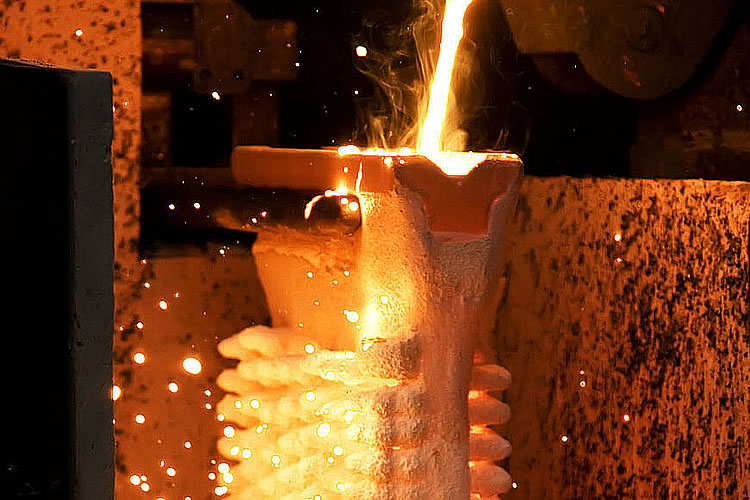
ZIRCON FLOUR
Zircon Flour
Zircon flour, also known as zircon silicate (ZrSiO4), is manufactured by milling zircon sand.
Zircon flour is white and super fine and is used as raw materials in the manufacturing of ceramics glaze to increase their coverage, or in frit preparations which are used to produce glossy, translucent and white glazes. In ceramic glazes, zircon powder enhances wear resistance, heat resistance, and chemical attack.

Zircon flour is used in the ceramic glaze, glass, refractory and plastics industry. It is ideal for use as an opacifier for glaze frits. Small additions of zircon can help to improve the mechanical strength of glass and impart alkali resistance to the glass fibres used in glass reinforced concrete. Zircon flour can also be used as a refractory wash for glost kilns, as a fine constituent in pressed zircon refractory shapes and, as filler for epoxy resins. Finely-milled zircon, ‘zircon flour’, is also used in refractories and friction products.
It is also used in a variety of applications including, foundry mould coatings, ceramic shells for investment casting, refractories, friction products, insulating fibres and glass.
There are various specifications for particle size depending on different applications, typically -200 mesh (-75 µm) and -325 mesh (-45 µm).
a. Zircon flour 45um
(ZrO2 > 65%, TiO2 < 0.15, Fe2O3 < 0.1)
b. Zircon flour 75um
(ZrO2 > 65%, TiO2 < 0.15, Fe2O3 < 0.1)







